November 5, 2020
The healthcare-worker-turned-entrepreneur talks about the inspirations and innovations behind her plant-based bars made with local Canadian ingredients

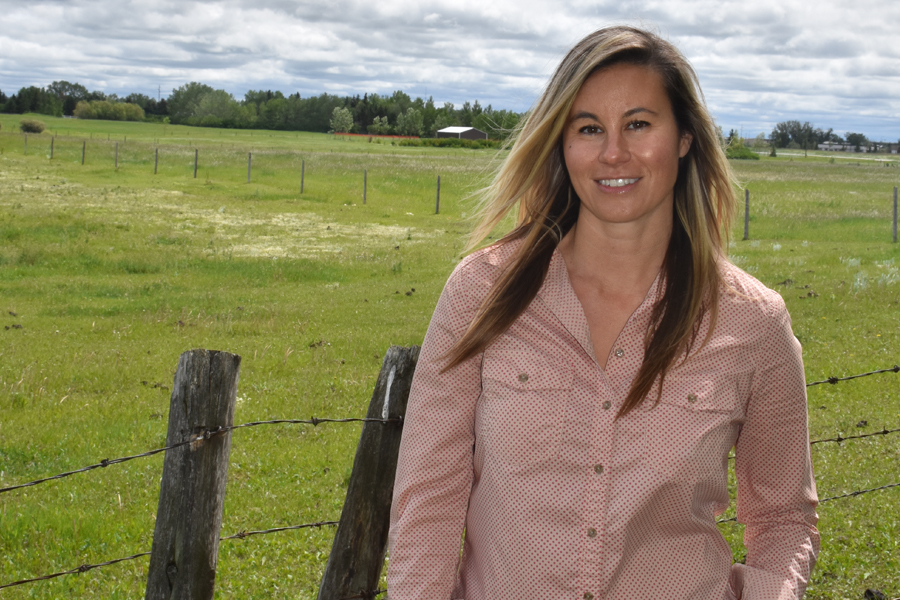
As anyone who is familiar with the Canadian pulses industry knows, Saskatchewan consistently ranks among the top growing regions in the world when it comes to pulses. As of 2016, the province dubbed “Canada’s Breadbasket” accounted for roughly 90 percent of the country’s exported pulses and 35 percent of the global pulse trade, meaning it is a key player in a market that continues to grow exponentially. In the words of Murad Al-Katib, CEO of AGT Food, the world’s largest valued-added processor of pulses in the world, “We’re no longer just the breadbasket of the world. We’re now a major part of the global protein highway.”
The story of Laura Gustafson, founder of ulivit superfood bars, feels right at home in this context. After more than a decade working in healthcare, the Saskatchewan native decided to shift her focus towards developing a line of nutrient-rich protein bars whose principal ingredients are—you guessed it—pulses. And not just any pulses: almost all of the lentils, chickpeas and other pulse ingredients in her bars come directly from Saskatchewan and the Canadian Prairies. Each bar sold in 100%-compostable packaging is also non-GMO, has no artificial ingredients or preservatives, is gluten-free, soy-free, dairy-free and has no refined sugars. To sweeten the deal, ulivit even uses real Canadian maple syrup and locally grown Saskatoon berries. What’s not to like?
We spoke to Laura recently via Zoom to learn more about her experience and her innovative products, which will soon be widely available.
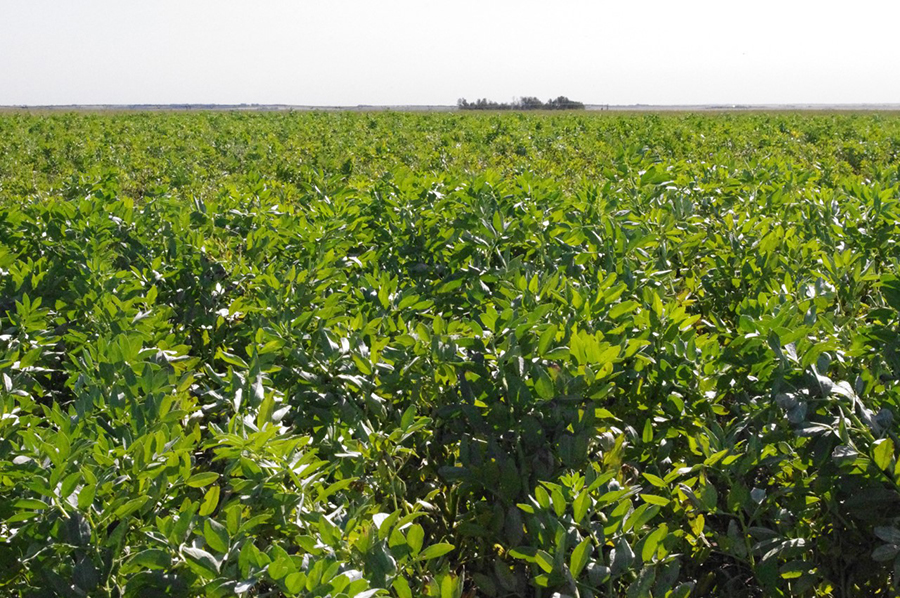
I'd been working in healthcare for over 10 years, and I was seeing what food and diet were doing to people on the operating table. I thought, “there has to be a better way”. So I started dropping in on nutrition classes at the University of Saskatchewan, and I met the Dean of Agriculture at the time, Dr. Bob Tyler, and everybody was praising pulses!
By researching them, I learned how amazing they are. They are the most sustainable plant protein source, and they're super healthy for you. They reduce your risk of diabetes, cholesterol, heart disease, obesity, even certain cancers. They're local—in my backyard of Saskatchewan, we’re the largest grower of lentils and peas in the world. And they are all plant-based, so hopefully we can help save millions of animals’ lives with them. And then being from Saskatchewan, my grandpa had a farm, my great grandpa had a farm. We're surrounded by farmers here who care about the land and environment. It's pretty cool. So I quit my day job and I'm trying to make the world a better place with sustainable chickpeas, lentils, dry peas and beans.
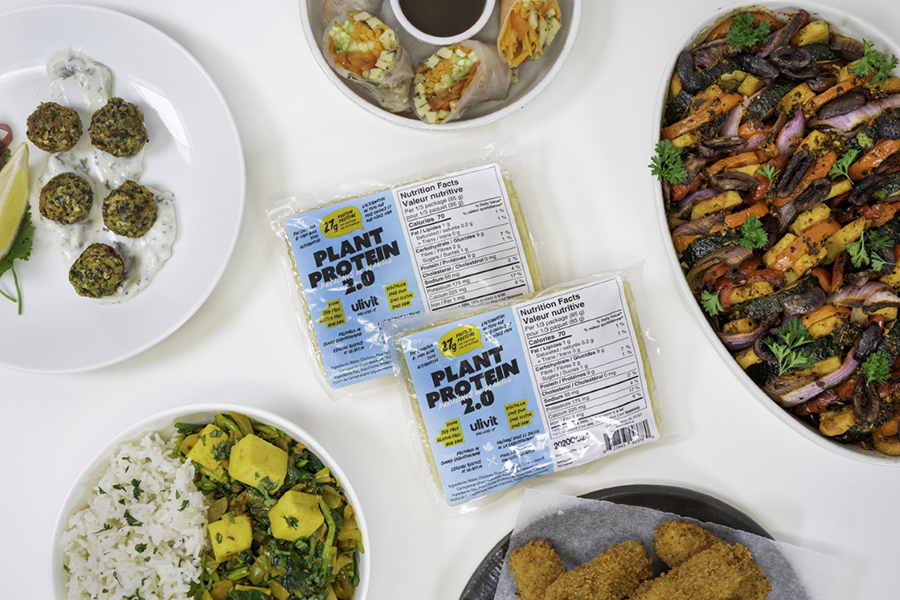
I was a surgical specialist, and I worked for a company called Cardinal Health where I sold surgical instruments to surgeons. So a totally different line of work. For me personally, it was about the environment and the animals. I've been volunteering for animals since the sixth grade, and that's truly my passion.
I try to eat plant-based as much as I can, but I'm not dogmatic about it. I was vegan for 10 years, so I'm trying to get back there again, though I'm not quite there yet. But I think even doing one day a week like meatless Mondays is something we could all benefit from.
One thing that sets us apart is the fact that we are super local. Being in Saskatchewan, which is the province that is the largest grower [of pulses], it's pretty neat to be right at the source of the food. No one is closer to the earth than farmers. It truly is the most sustainable because our farmers use no till, our province is an enormous carbon sink, and pulse crops are natural fertilizers, making our Saskatchewan soil our secret sauce.
Also, our next product we will be going to market with doesn't exist anywhere in the market yet. Lots of the products right now are made out of soy, and ours is going to be a non-soy option which is very important for many people.
Considering who we're surrounded by in Saskatchewan and in Canada, it's fantastic to be here creating plant-based foods because the government is so supportive of us. Agriculture is so big in Canada and it's really exciting to be part of a group that are global leaders in agriculture. We can go further by working together, and everybody is super supportive and collaborative with each other.
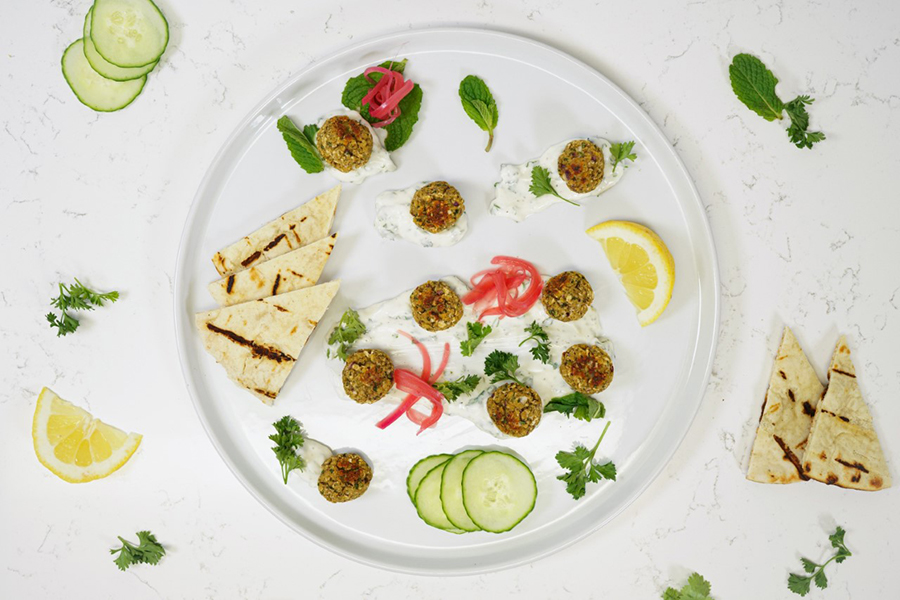
That’s right, we are very excited to be working with [Protein Industries Canada]. They're one of Canada’s Innovation Superclusters and are bringing together Canadian companies to collaborate and innovate plant-based proteins. We recently received a grant from PIC that enabled us to partner with our dream team, AGT Foods. AGT is one of the world leaders in pulse production. Their CEO Murad Al-Katib is a known advocate for the development of plant protein and is not only a successful businessman, but is a businessman with a huge heart. He’s fed over 700 million refugees with Canadian pulses, which is incredible and very inspiring!
We're super excited to be partnering up with AGT and Protein Industries Canada. It’s taken us to places we could never have gone without them. We are also getting fresh creativity working with trend-setting chefs of tomorrow with culinary colleges across the prairies.
We’ve tried to use as many local ingredients as possible. With one of them, the Prairie Chix, we're using Saskatoon berries, and with the Ooh La La Maple, we're using Quebec maple syrup. We really wanted to incorporate lots of Canadian ingredients. We also wanted to avoid using any refined sugars, and have a short and a healthy ingredient list. They're healthy and super tasty.
We’ve also created “the next best thing, plant protein 2.0” made in Canada with Canadian crops. It’s a delicious soy-free, gluten-free alternative to tofu, packed with protein. It’s made with pulses (of course!), chickpeas and fava beans. So just four, good-for-you ingredients, and its crazy versatile.
We're doing it all in Saskatchewan, so for our whole value chain—our packaging, processing, manufacturing, even our graphic design work—we're using all Canadian. We’re trying to support and stay as local and close to home as we can.
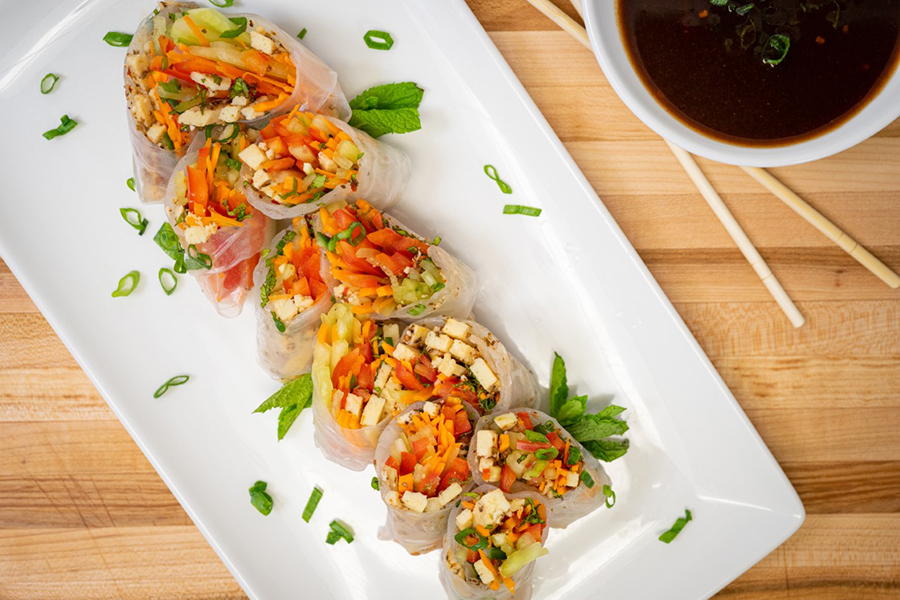
We're from Saskatchewan, and we also spend lots of the time in Alberta, so big mountain country there. The bars are so convenient and versatile—you can just throw them in your backpack. And they are a healthy bar with compostable packaging, so it appeals to people who are outdoorsy, health-conscious, out there doing these kinds of activities and care about their health and wellness and the environment.
We really want to start feeding the world in a healthy and sustainable way. We need to double food production to feed 10 billion people by 2050. How are we going to do that? We truly believe pulses are the answer. We want to provide people with a delicious option to animal meat-based protein that positively impacts our planet. We’re not just going after the vegetarian or the vegan market. We’re happy to feed the meat-eaters too. People want different flavors and more options. We want to create more healthy, delicious foods for everyone.

Laura Gustafson / ulivit / Saskatchewan / Canada / AGT Foods / Murad Al-Katib / Protein Industries Canada
Disclaimer: The opinions or views expressed in this publication are those of the authors or quoted persons. They do not purport to reflect the opinions or views of the Global Pulse Confederation or its members.